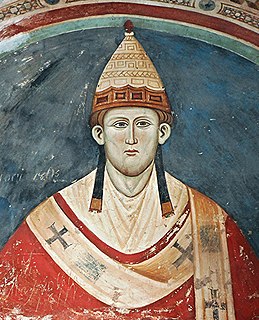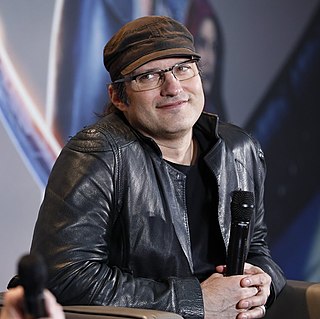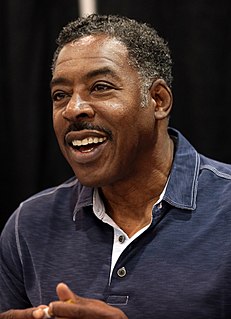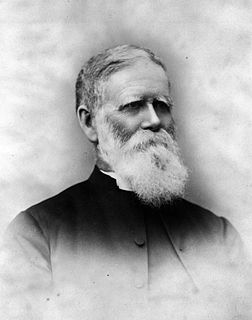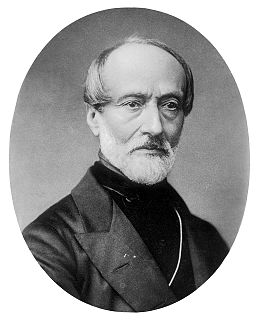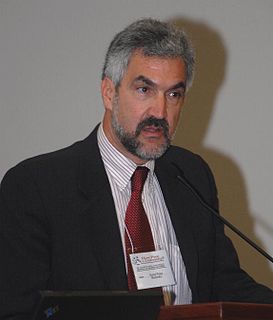A Quote by Samuel Johnson
The most useful truths are always universal, and unconnected with accidents and customs.
Related Quotes
Every thing useful and beneficial to man, seems to be connected with obedience to the laws of his nature, the inclinations, the duties, and the happiness of individuals, resolve themselves into customs and habits, favorable, in the highest degree, to society. In no case is this more apparent, than in the customs of nations respecting marriage.
Wisdom is not just knowing fundamental truths, if these are unconnected with the guidance of life or with a perspective on its meaning. If the deep truths physicists describe about the origin and functioning of the universe have little practical import and do not change our picture of the meaning of the universe and our place within it, then knowing them would not count as wisdom.
Behavior is mutable. It changes from place to place. It's like accents, dialect - it varies from one area to another. But there are universal truths about what it means to be a human being. All the other stuff is like applique. Learning that was interesting to me and probably useful for becoming an actor.


